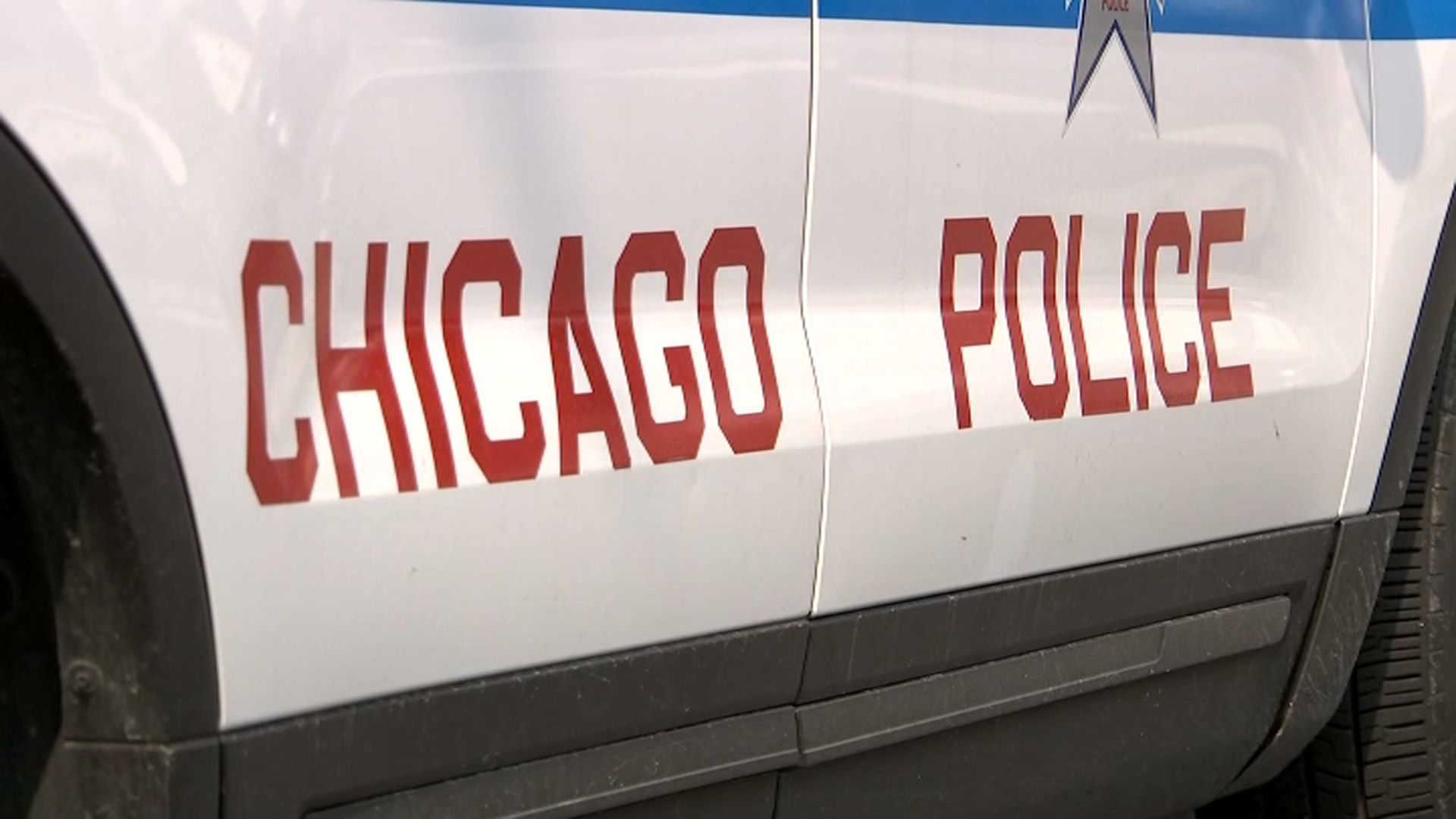
With nine candidates on the ballot and numbers showing no clear frontrunner in the race for the next mayor of Chicago, many are already looking ahead to a runoff election.
But what exactly is a runoff and what will it take to force one on Feb. 28?
Here's what voters should know:
What is a runoff?
Runoff elections are held when no candidate secures the required majority of 50% of votes.
They are a second election that will determine which of the top two vote-getters will win a designated race.
Have there been runoff elections in Chicago before?
Local
Runoff elections are part of the electoral process in Chicago for municipal elections.
In the last two mayoral elections held in Chicago, two candidates from crowded fields advanced to a runoff election that ultimately decided the next mayor.
Feeling out of the loop? We'll catch you up on the Chicago news you need to know. Sign up for the weekly> Chicago Catch-Up newsletter.
When did runoff elections start in Chicago?
The runoff format was first introduced in the city in the 1999 Chicago municipal elections.
Though the system was introduced in 1999, the first-ever runoff didn't actually happen until 2015, when incumbent Rahm Emanuel and Jesus Chuy García advanced to a second round as the top two vote-getters above Bob Fioretti and Willie Wilson, who also ran notable campaigns.
When would a runoff election take place in 2023 in Chicago?
The city has already slated April 4 as the date for a potential runoff election, should one be needed following the intitial Feb. 28 election.



